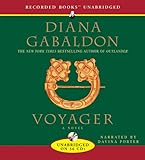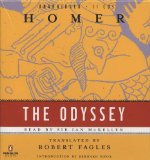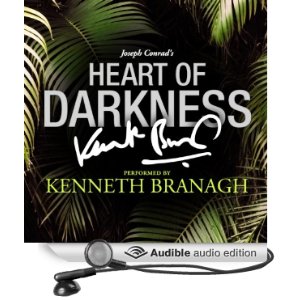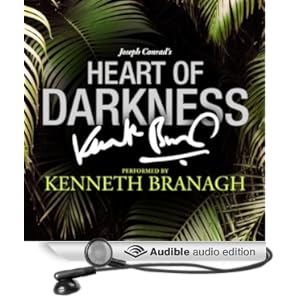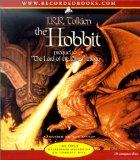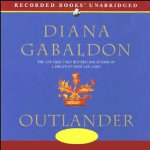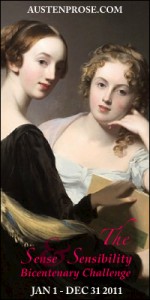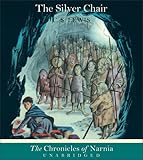 The penultimate book in C. S. Lewis’s Chronicles of Narnia is The Silver Chair. This book features the Pevensie siblings’ cousin Eustace Scrubb, who first appeared in The Voyage of the Dawn Treader, and Jill Pole, a classmate of Eustace’s at a boarding school called Experiment House. Eustace and Jill are being chased by bullies when they are magically whisked to Narnia and become embroiled in a quest to find the missing Prince Rilian, the son of King Caspian X, who is now an old man.
The penultimate book in C. S. Lewis’s Chronicles of Narnia is The Silver Chair. This book features the Pevensie siblings’ cousin Eustace Scrubb, who first appeared in The Voyage of the Dawn Treader, and Jill Pole, a classmate of Eustace’s at a boarding school called Experiment House. Eustace and Jill are being chased by bullies when they are magically whisked to Narnia and become embroiled in a quest to find the missing Prince Rilian, the son of King Caspian X, who is now an old man.
*Sigh*. Where to start with this hot mess. I didn’t like it from the start because it’s quite clear that Lewis is attempting to skewer progressive education in his characterization of Experiment House, but rather than create a good satire, he winds up sounding like an old fart who doesn’t know what he’s talking about (“Back in my day, we took switches to kids and prayed in school!”). Eustace and Jill are not nearly as likable as the Pevensies. Puddleglum is fun, but then I think I liked him mainly because of Jeremy Northam’s voice characterization—he had the best West Country accent. The male superiority is maddening. Jill actually says, “Where I come from, they don’t think much of men who are bossed about by their wives.” Um… What? I can’t imagine Lucy Pevensie saying such a thing. Yes, I know all about Susan being interested in lipstick and stockings in the next book. Which I will read to say I’ve read the whole series.
It’s clear Lewis was thinking of Sir Gawain and the Green Knight by having the Lady of the Green Kirtle kidnap and enchant Prince Rilian, but the stories diverge quite a bit aside from a passing similarity, which is a bit of a pity, because the rest of the plot is unremarkable. For a children’s book, the pace bogs down rather unforgivably once the characters go underground, and the plot is predictable from the start to the finish. Jeremy Northam’s narration, however, is superb. I just wish he had better material to work with. One thing I figured out after reading this book—I would love to visit Hogwarts and Middle Earth, but I have zero desire to go to Narnia.
Book Rating: 




Audio Rating: 






